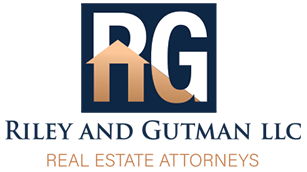The homebuying process can be complicated and overwhelming. In this article, we’re going to take a look at the closing process, particularly some of the most common closing costs. Closing costs are money due at the time of the closing of a real estate transaction during the transfer of the property title from the seller to the buyer.
Buyer
In general, closing costs for the buyer equal about 1-5% of your loan total. But this can vary depending on a variety of factors such as the total loan amount, type of loan, and region. Your lender will give you an estimate of what your closing costs will be when you get your final loan estimate. The closing costs are made up of several different fees, many of which are negotiable. Here is a small portion of the common fees:
- Application Fee:Â This fee covers the costs of things like credit checks and the general administrative costs of processing your application.
- Appraisal: This fee is paid to the appraisal company.
- Attorney Fee: Attorneys make the home buying process less complicated and their fee is included in the closing costs.
- Escrow Fee: These are fees owed to the title company for handling the closing.
- Underwriting Fee: This fee goes to your lender for researching your approval requirements for the loan.
Seller
As a seller, you can expect to pay around 6-10% of the total sale of your home, deducted from your profits. Here is what those costs pay for:
- Commission: As a seller, you will pay the commission of both the real estate agents involved in the sale of your home.
- Tax Transfer Fees: These are the taxes associated with transferring the title.
- Loan Payoff Fees: These are the fees for paying off your existing loan.
A real estate attorney can help explain all the fees associated with buying or selling your home and answer any questions you may have about the process.

